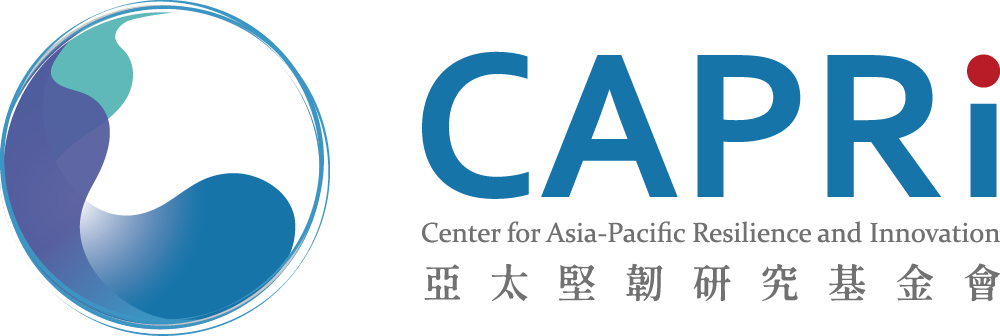The COVID-19 pandemic has caused upheaval in not only healthcare but also social and economic systems, turning attention to the resilience of societies, economies, and individuals. Prolonged lockdowns, interruptions in work and schooling, and economic turbulence over the last three years have raised concerns that the COVID-19 pandemic has sparked a crisis in mental health. In the Asia-Pacific region, mental health remains understudied and underemphasized in public policy. As one of the world’s fastest developing regions, the Asia Pacific requires robust mental health governance to ensure that populations are not only economically secure but also experiencing personal fulfillment and thriving in their communities. What economic, social, and cultural factors contribute to mental wellness in the region? How can policymakers work with experts and communities to ensure that economic and health recovery from the pandemic includes mental health and well-being?
CAPRI is developing reports on how different countries in the Asia Pacific are addressing mental health, identifying the political, cultural, and socioeconomic factors of how mental health is conceptualized by governments, health systems, and the public. The reports will also identify best practices, successful cases, and current policy initiatives in these countries to address challenges in mental health policy.



